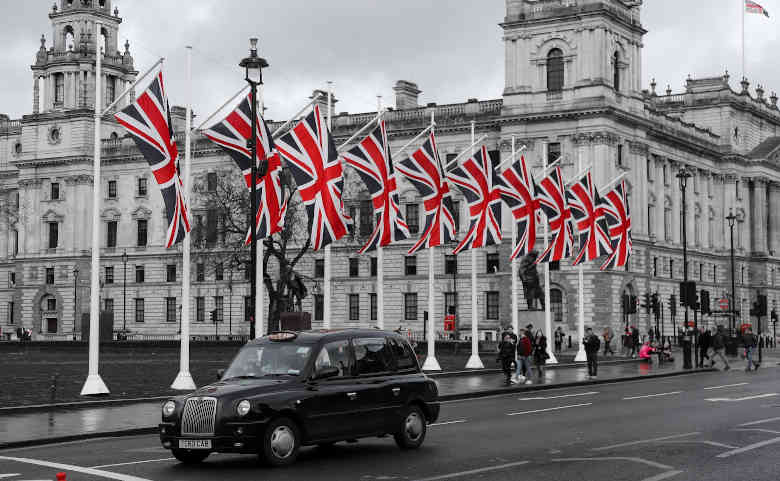The Telegraph, 8 December, Sir Iain Duncan Smith MP
There can be no doubt that reforms to the asylum system are desperately needed. The tragic events in the Channel over recent weeks have made that clear. The Government’s Nationality and Borders Bill, which is being debated in the House of Commons this week, has a chance to be tough on people smugglers and those exploiting the system while at the same time giving support and stability to vulnerable people who are confirmed victims of modern-day slavery. To that end, it should be supported.
Yet what is little known is that one third of all possible modern slavery victims identified are British nationals and are being exploited and enslaved right under our noses. That’s why immigration control alone won’t be enough. Unlike smuggling, modern slavery is not primarily about moving people from one place to another. It is a serious and organised crime based on making a profit from the exploitation of human beings for criminal, sexual or forced labour purposes.
The only way to bring an end to modern slavery and to prevent more people being victimised is to cut through the business model of the exploiters. For too long modern slavery has been an attractively low risk but high reward option with just a handful of offenders ever prosecuted.
The National Crime Agency estimates that there are between 6,000 and 8,000 offenders involved in modern slavery in the UK. More than 8,000 slavery crimes were recorded in the year 2020/21 and there were more than 3,000 live slavery investigations as of August this year. Yet only a fraction of these offenders are ever convicted for modern slavery. The Government reported recently that in 2020 just 49 people were convicted under the Modern Slavery Act and even pre-pandemic in 2019 there were only 72 convictions.
Modern slavery investigations are complex but one of the primary reasons police and prosecutors give for the low prosecution rates is the lack of victim engagement.
Click here to read the piece in full.

